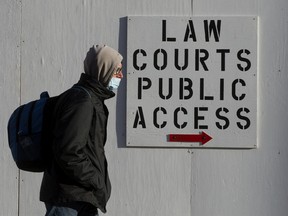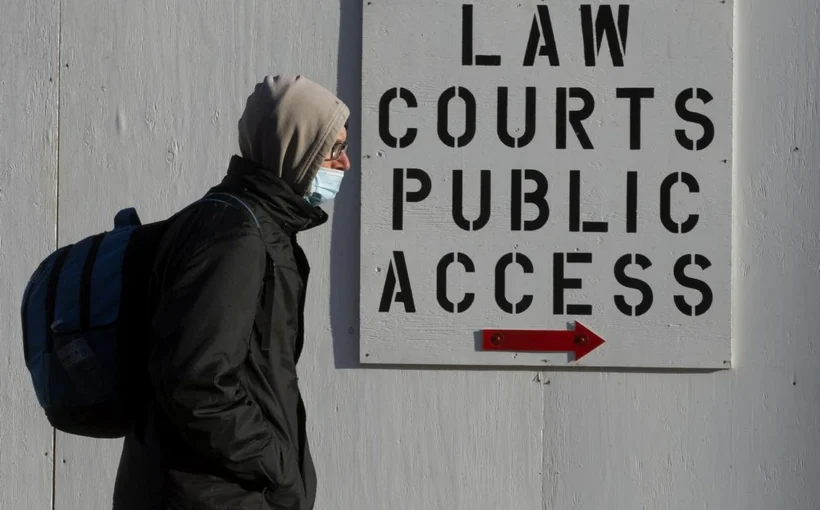
In a constitutional democracy, it is critical that we have fair trials. Fair trials have several basic and essential features.
Fair trials are presided over by independent and impartial judges. Our legal traditions have long valued decision-makers who are not beholden to, nor motivated by, the will of politicians, the emotions stirred by angry mobs, or any external forces. We have long prided ourselves in Canada in a judiciary which has financial independence, security of tenure, and administrative independence. That independence and security serves to ensure that decisions are not made to favour any party, and protects the decision-maker from interference.
We understand that a civilized society depends on disputes being settled in courtrooms by judges who make disciplined decisions based on evidence placed before them, which can be effectively challenged by the parties to the dispute.
Yet in Alberta we are seeing an insidious erosion of our open court system. The system we have taken for granted is being whittled away — worse yet, at a time when we are most vulnerable, less likely to notice, and less able to gather, oppose, and challenge what is being done — under the cloak of a global pandemic. On Feb. 1, the Alberta government’s new “system” for traffic court is to take effect and with it, due process is to be sacrificed on an altar of efficiency. The provincial government is hopeful that Albertans won’t notice, won’t understand, and won’t care.
This new system takes away the right to go to court, where the public can see what happens, how it happens, and the reasons for whatever result is reached. Instead, people must challenge any allegation in a portal, with a QR code, with an “adjudicator.” So much for the open courts which we have long cherished.
This system replaces independent and impartial judges with adjudicators, who are hired by the Alberta government, and who hold their positions at the pleasure of the government. These types of decision-makers could be expected to make the kinds of decisions which make governments happy, and their employment can depend upon it.
Photo radar revenue is significant to government coffers in this province. In the current traffic court system, no suggestion could be legitimately made that traffic court commissioners would uphold tickets to protect government revenue. In the new portal system, the lack of independence gives rise to real concern. Non-independent decision-makers are again characteristic of oppressive regimes, and in stark contrast to what we have come to expect, and deserve, in Canadian society.
This new system also takes away the right to cross-examine the police officer who issued the ticket, having decided an infraction had occurred, or that there was a basis for a ticket (perhaps based on a complaint from an angry neighbour, or an ex-partner). Many police officers do good work. Some do not. But their evidence will be there for the adjudicator, generally on paper. And now without many of the protections offered by our rules of evidence, and without many of the rights enshrined in the Canadian Charter of Rights and Freedoms.
The dangers are many. It is to the benefit of us all that we are able to challenge evidence in person, in a courtroom, and with witnesses for, as Grover Whalen, former commissioner of the New York City Police once said “there’s a lot of justice at the end of a nightstick.”
Deborah Hatch is director of the Canadian Council of Criminal Defence Lawyers (CCCDL) and past-president, Criminal Trial Lawyers’ Association (CTLA Alberta).
Danielle Boisvert is president of the Criminal Trial Lawyers’ Association (CTLA Alberta).
Source: EdmontonJournal



